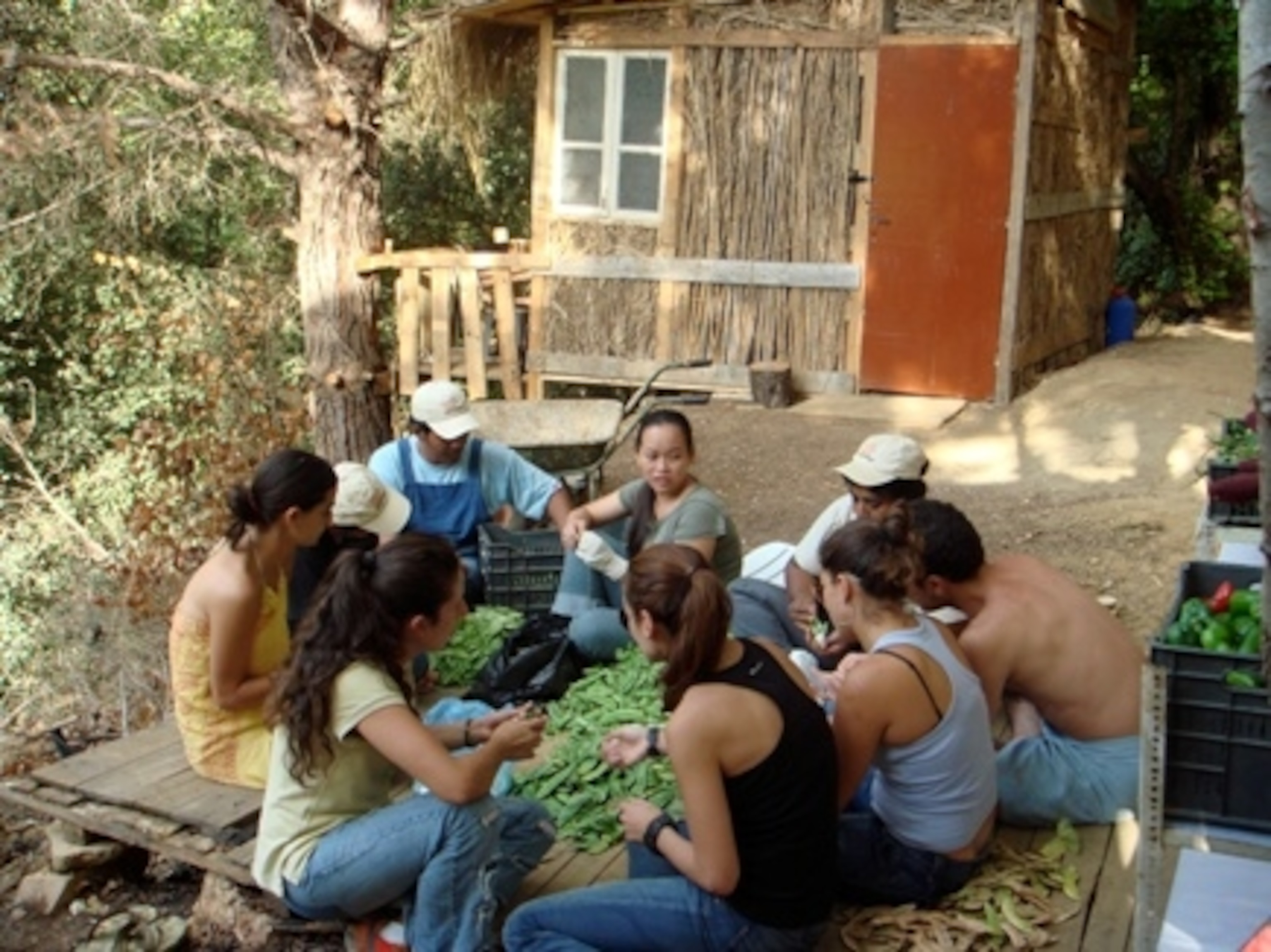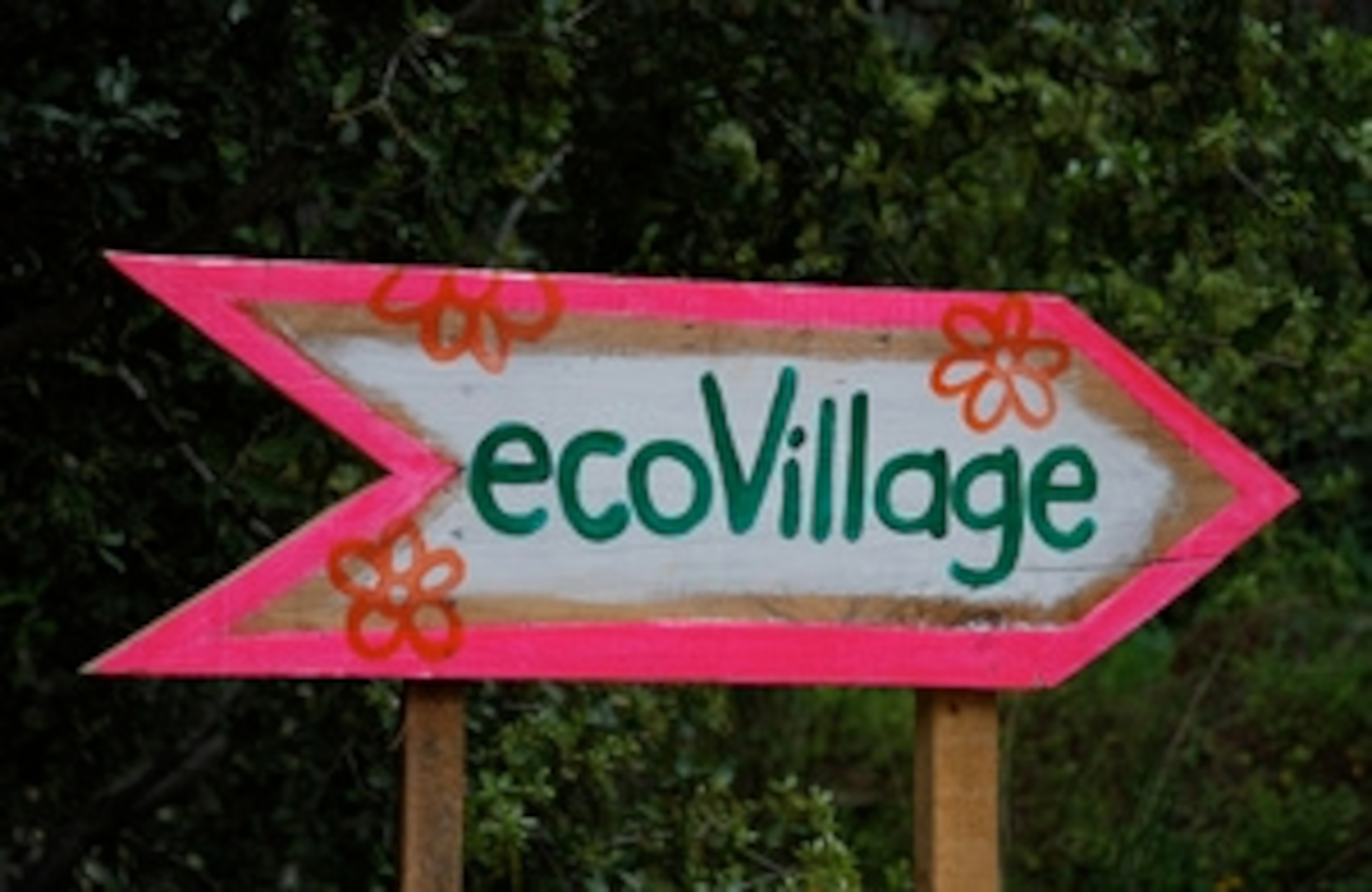
Alexander’s Footsteps: Lebanon’s EcoVillage
After working as a reporter in Cairo, Theodore May wanted to know more about the history, culture, and people of the Middle East. So he decided to explore it, and use one of history’s conquerors as his guide. For the next eight months he’ll be following in the footsteps of Alexander the Great, tracing the 2,000-mile path Alexander forged through the modern Middle East. Theo will be writing about his experiences for The Global Post, and you can be follow him on Twitter at @Theodore_May. He’ll be contributing glimpses from his journeys here at Intelligent Travel.
I must admit that when I lifted the toilet seat at the EcoVillage to find a bucket lined with a plastic bag, I wasn’t sure what to make of it.
Before long, though, I found myself in the dining area, discussing the lodge’s philosophy, which was fascinating and innovative enough, especially for a country like Lebanon, that the lack of indoor plumbing and the occasional electrical outages began to make sense.
The EcoVillage is located in a remote valley amid the Chouf Mountains, home to Lebanon’s vibrant Druze population. After finishing a day’s walk south of Beirut, I caught a taxi into the mountains. In the town of Dmit, an EcoVillage employee met me in a pickup truck, explaining to me that the road ahead was too rugged for taxis to want to make the last leg of the journey.
The first thing the staff asked me when I arrived was whether I wanted to stay in a mud hut or a tree house. Learning that the mud huts came with bathrooms attached, I opted to keep my feet on the ground. The hut was simple and well kept. With spiders on the wall, though, the first thing I did was pull my bed into the middle of the room, a safe distance from the walls. This city kid was a little out of his element.

In addition to serving as a lodge, the EcoVillage is also a working farm, and I dined that night on a handful of organically grown vegetables. The lodge also gets all of its energy from renewable sources: Solar panels lined the roofs of some of the buildings, and the staff had diverted a portion of the nearby river to run it through a hydro-powered generator.
In the morning, I toured the property, visiting the compost sites (which is why you’re encouraged to do your bathroom business in a bag), the farm, and the nearby river, which is jammed with fish and features a zip line for visitors.
While the lodge is often full of overnight guests in the summer months, most of their revenue, employees said, comes from day visitors.
In addition to zip lining and swimming, activities include hiking, rock climbing on a natural cliff face, and yoga. And employees are never shy about preaching to visitors about the virtues of sustainable living.
It’s especially heartening to see an organization like the EcoVillage take root in Lebanon. At risk of generalizing, the Middle East is not known for its environmental consciousness. For days leading up to my visit to the EcoVillage, I had walked by trash-strewn beaches. In the north, I had seen a family finish a picnic, stand up and leave all the garbage they had generated. In 2007, when I wrote a story about Lebanon’s fledgling organic farming industry, I spoke with shoppers who didn’t see the virtue in paying more for pesticide-free produce.
To me, environmental shortcomings in the Middle East seem to represent a crisis of education. Nobody has told the taxi driver to hold onto his sandwich wrapper instead of dumping it out the window of his cab. But with the emergence of businesses like the EcoVillage, there is some small hope that a country like Lebanon will come to embrace sustainable living to a greater degree.
EcoVillage: Dmit Village, Chouf Valley, Lebanon, 961-3-211463, www.ecoecovillage.com
Photos: Courtesy of EcoVillage